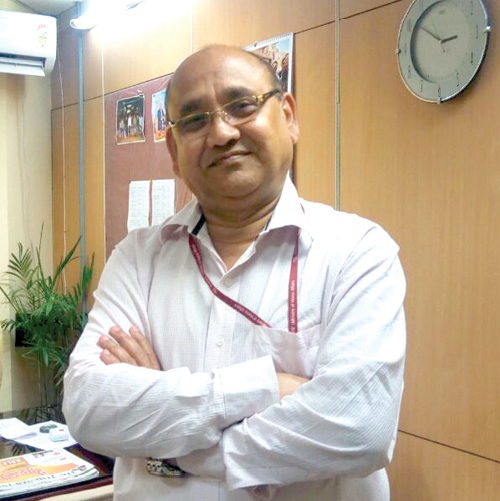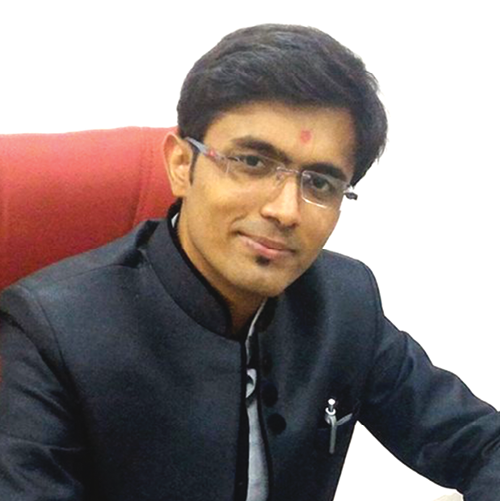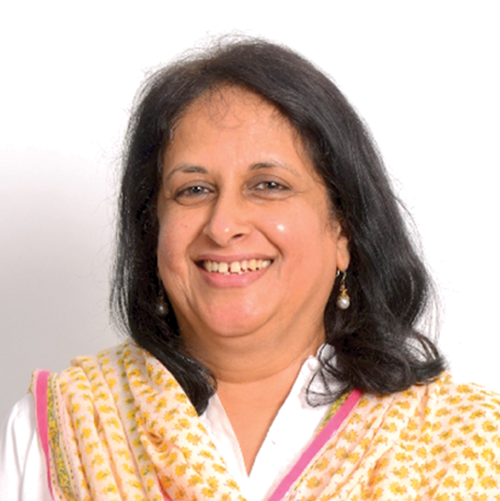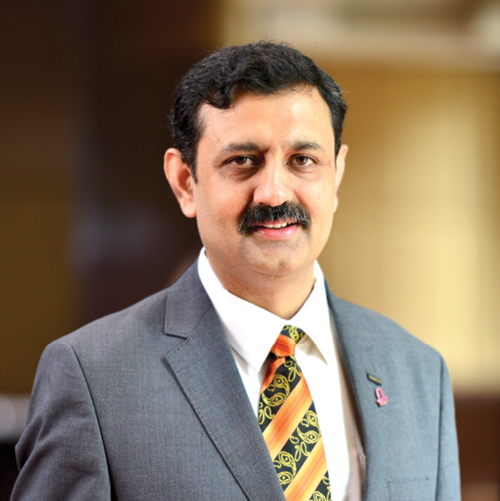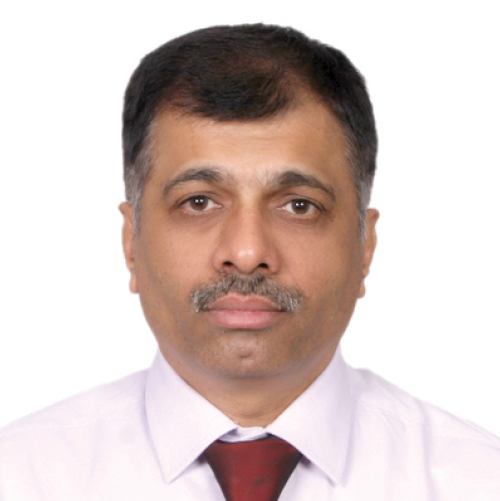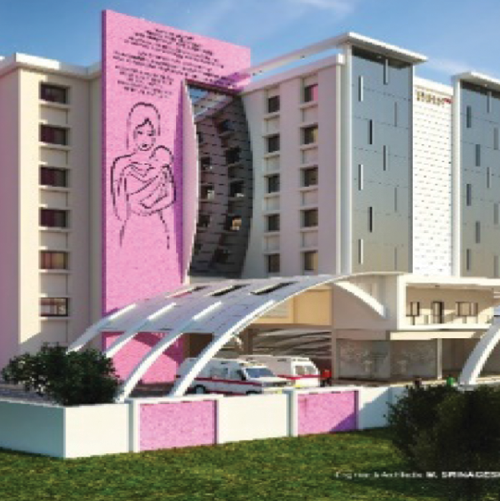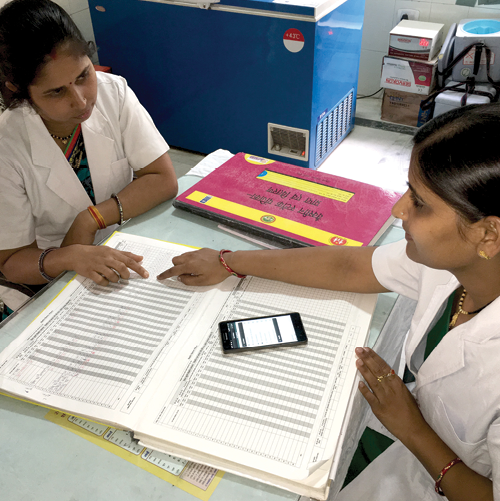
 Aimed at making available real-time information of PHCs, the Primary Health Centre (PHC) Management Information System (MIS) project in Karnataka is centrally consolidating information such as patient treatment, diagnosis, deliveries handled and drug availability along with GPS information, writes Dr Sumeendra, Managing Director of CoDe Consulting, Bangalore, for Elets News Network (ENN).
Aimed at making available real-time information of PHCs, the Primary Health Centre (PHC) Management Information System (MIS) project in Karnataka is centrally consolidating information such as patient treatment, diagnosis, deliveries handled and drug availability along with GPS information, writes Dr Sumeendra, Managing Director of CoDe Consulting, Bangalore, for Elets News Network (ENN).
Primary health centres, popularly known as PHCs, are the basic units of the public health system in Karnataka. Located at selected towns or villages, these centres are accessible easily by the population in the vicinity.
Being the fi rst tier of the public health system, the PHCs serve as the primary stop for treating minor ailments, handle regular delivery cases, decide on referral cases, take curative and preventive action in cases of epidemics, administer various welfare schemes meant for the poor and underprivileged, etc.
Despite being the vital institutions serving the poor and the needy, PHCs are far behind as far as the use of digital techniques is concerned in managing their operations. Record keeping of day-to-day work, monitoring disbursal of medicines and the availability of stock, reporting trends pointing to epidemics, accounting for welfare schemes implemented and a score of other activities at these centres are still paper based. Due to this, decision making at these centres gets delayed.
The Primary Health Centre (PHC) Management Information System (MIS) project in Karnataka
The PHC MIS project in Karnataka is set to make history. First of its kind in the country, this project would initially capture four critical aspects of the functioning of the PHC in electronic form. The activities identifi ed to be captured are:

- Birth monitoring “ delivery cases attended to with relevant details;
- Drugs monitoring “ capturing drugs indented, issued and current stock levels;
- Outpatient module “ capturing details of outpatients attended on a given day
- Disease monitoring “ capturing diseases reported during a given day.
- Assist for Reporting under Health Management Information System (HMIS)
- Provide online data for Maternal & Child Tracking System (MCTS)
In addition to electronic record keeping, the regular activities of the centre namely implementation of welfare schemes like post-natal care kit for poor and underprivileged women, Janani Suraksha Yojana, etc., would also be maintained.
 Electronic data updation is not the sole activity which is contributing to the unique quotient of the PHC MIS project. It is the deployment of Tablets with the capability to scan the iris of the individuals and linking to Aadhaar, is what that makes the project the fi rst of its kind in the country.
Electronic data updation is not the sole activity which is contributing to the unique quotient of the PHC MIS project. It is the deployment of Tablets with the capability to scan the iris of the individuals and linking to Aadhaar, is what that makes the project the fi rst of its kind in the country.
Under the project, the data generated at the PHC level would then be transmitted to a central server through the mobile network, almost on a real time basis.
Analysis of the data received would make invaluable MIS reports near instantaneous, which can facilitate decision making by the Government. Thus, quick intervention in reported cases of epidemics, avoiding stock out situation of drugs required by the needy, better targeting of welfare measures and monitoring of schemes are some benefi ts of the project.
Sending alerts to neighbouring areas in cases of suspected epidemics, facilitating preventive action would be another major benefi t of the project.
The project was taken up as a pilot in 1,000 selected PHCs that are working 24\7 for providing delivery services in the state.
The project was inaugurated by KR Ramesh Kumar, Minister for Health and Family Welfare, Karnataka.
Under the project, preparatory activities like development of an app and training of master trainers have been completed.
The state data centre has hosted the application and is all set to receive and store data generated by the centres. Training of users by master trainers and other activities are underway and the pilot would go live shortly.
Just as the deployment of Tablets has made the project unique, conceptualisation and bringing the project to implementation has its own unique dimensions. As a major initiative under the Corporate Social Responsibility, the project underlines the potential of public-private partnership in garnering resources and skills for public benefit.
The project is supported by Samsung R&D Institute, Bangalore, which has donated 1000 Tablets along with the app support.
CoDe Consulting, a company endeavouring to garner CSR resources for public projects, is supporting the implementation of the project through training users and data analysis.
Once the pilot implementation is completed, lessons from this phase would be useful in bringing remaining PHCs under the project and capture more data from for improving the health delivery system in the state. Another example of the Silicon Valley of India showing the way!
Be a part of Elets Collaborative Initiatives. Join Us for Upcoming Events and explore business opportunities. Like us on Facebook , connect with us on LinkedIn and follow us on Twitter , Instagram.


